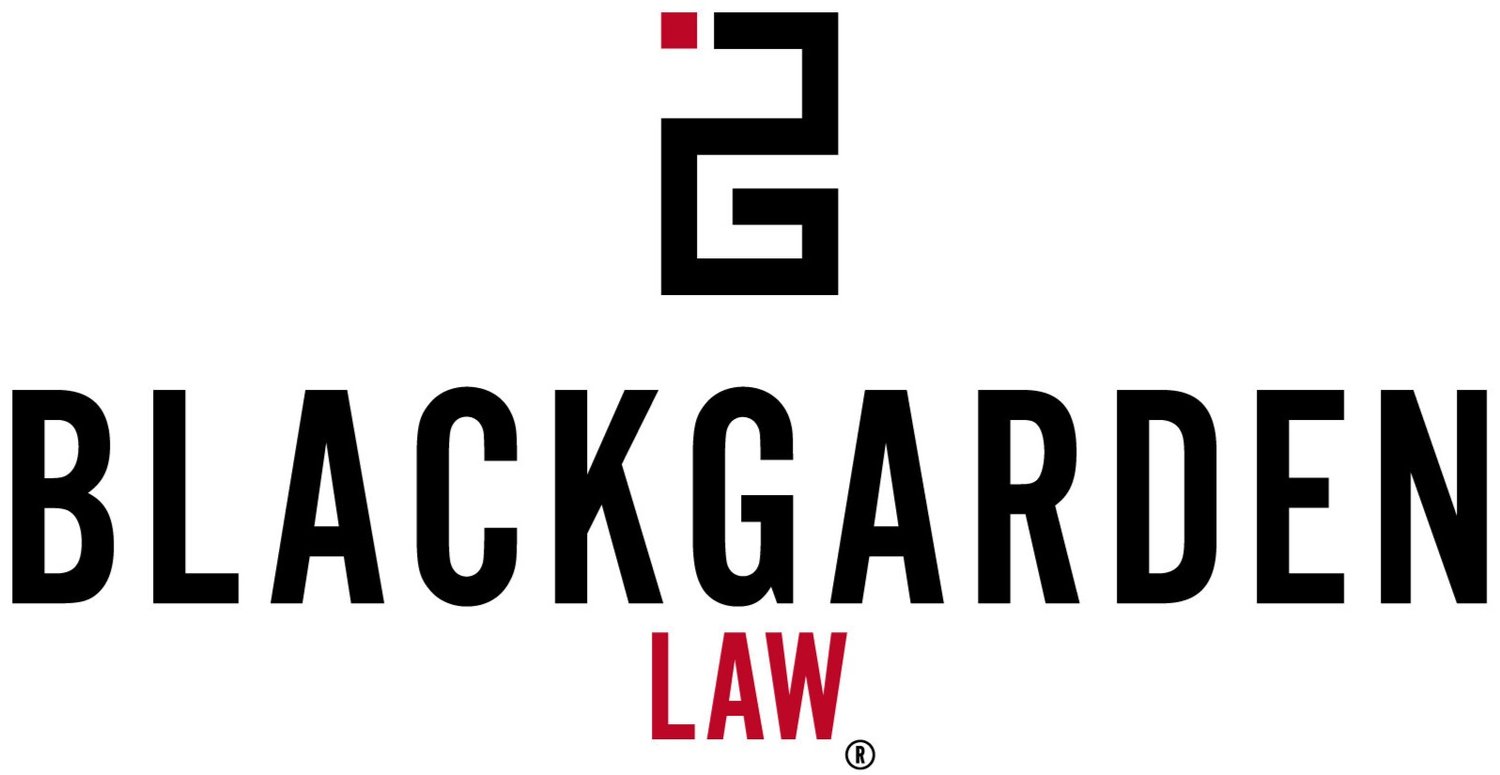Thirsty for Authenticity
This post was originally published in January of 2019 on surefi.com. Photo Credit: Matt Durst
Chris Herron wrote a great piece in 2017 explaining how InBev is buying independent breweries to suck the life out of the craft beer community. It’s a fantastic read for anyone who is making a living in craft beer. He points out that “Brand Equity” is not something most small or independent business owners think about, yet it is their biggest asset. Brand equity is what gives successful brands the ability to charge a higher price, acquire favorable distribution and survive setbacks. Herron pointed out that acquiring independent brewers is a sinister (but clever) way for macro breweries to dilute the aggregated brand equity of craft and thus recover the very real damage to their core, mass-market brands.
There is one serious Achilles’ heel in the InBev strategy, as outlined in Chris’ blog. Consumers want something from each brand interaction. In this market, aside from quality, consumers want to be cool. Cool equals special, unique, and separate from the pack. When a person associates themselves with a brand, it communicates something about that person to their peers and themselves. Remember the Apple vs. PC ads? Apple was not saying their features made Apple products worth double the price of a PC. But they proved consumers will pay more for products that make them feel good about themselves.
If InBev is successful in compressing brand equity in the craft market, it will create a space “above” the soiled brands it ingests. That void is for something different that says, “I’m not a follower.” While only a small number of people will understand the difference, those are the all-important influencers or “mavens,” as Malcolm Gladwell called them when describing his “Law of the Few“; the concept that ideas spread through the disproportionately influential acts of a small number of people.
When a consumer buys a craft beer, part of what they are buying is something no macro brewery can make: authenticity. Authenticity is the rarest and, therefore, most valuable element in any consumer marketplace. Authenticity cannot be mass produced. Thus, massive breweries like InBev cannot make it. They can, however, destroy it by buying an authentic craft brand and folding it into the undifferentiated six-packs of mediocrity that fill the shelves of most liquor stores. Massive corporations can make any kind of beer they want, but they can’t “scale” or mass market the passion, sweat, and risk that independent brewers put into their products every day. Being part of that is cool. It’s fun and makes us, as consumers, feel proud of our local brewers and excited to try the variety that the craft industry has brought to our communities. When consumers buy craft beer they are buying authenticity.
The best weapon we have as an industry is our direct relationships with the “fervent few” who visit independent taprooms and spend a dollar more at retail to bring something “cool” (authentic) to the party. While the vast majority of even craft beer drinkers may not know or care that Wicked Weed is now a tool of a multinational conglomerate, the real beer geeks (not the snobs) started making it uncool before the ink was dry on the purchase agreement. InBev will smother the cool in each business it acquires, but it will happen slowly. Craft brewers can speed up the process by communicating authentically and directly with their fans.
